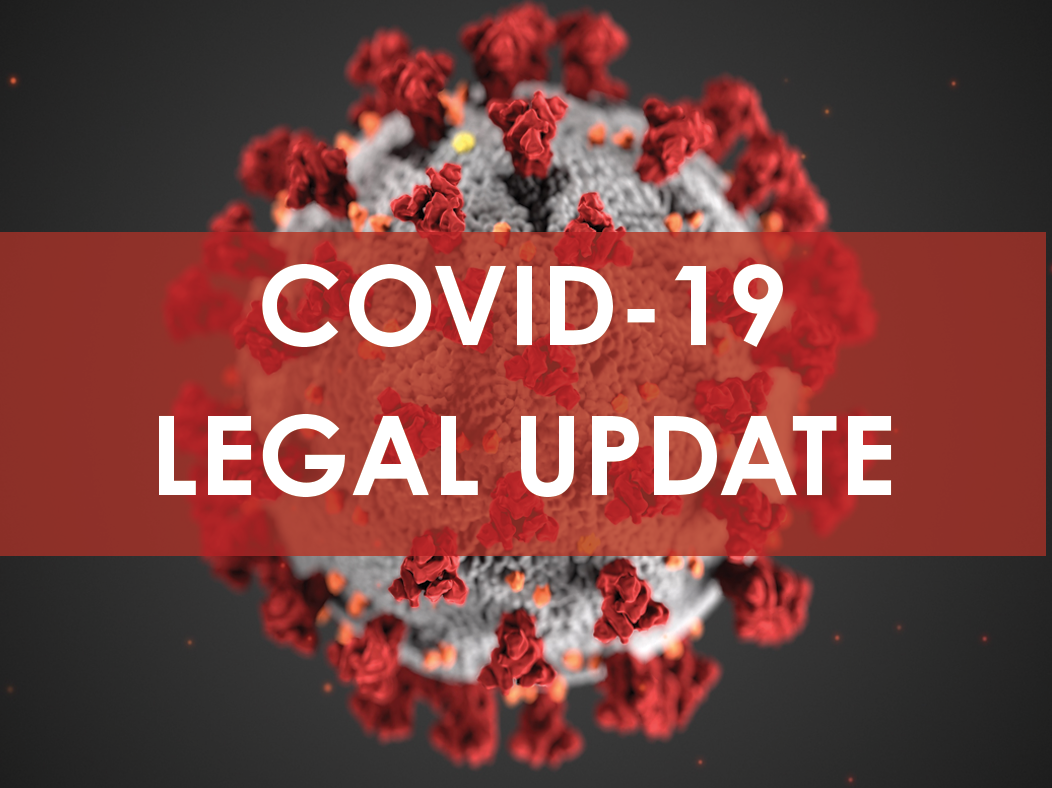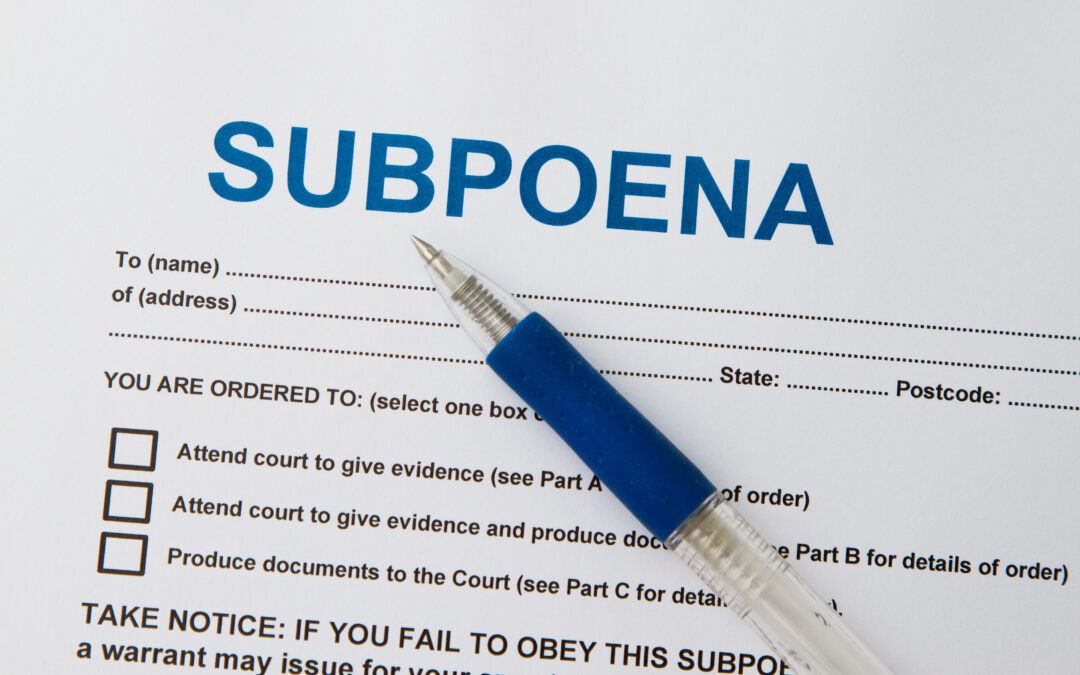CMS has issued temporary regulatory waivers to provide flexibility for the healthcare system to respond to the 2019 Novel Coronavirus (COVID-19) pandemic, including a relaxation of the physician self-referral prohibitions of the Stark law and its implementing regulations.
Generally, the Stark law prohibits a physician from making referrals for certain designated healthcare services (DHS) payable by Medicare/Medicaid if the physician (or an immediate family member) has a financial relationship with the entity performing the DHS, unless that financial relationship falls within an enumerated exception. Using “blanket” waivers (i.e., individualized approval is not necessary) effective only during the emergency declaration, CMS will allow certain physician referrals and the submission of related claims that would otherwise violate the Stark law. These temporary waivers are retroactive to March 1, 2020, and apply across the entire U.S. healthcare system for the duration of the emergency declaration.
The goal is to provide relief from Stark sanctions for activities which allow providers to address COVID-19 issues. As such, the waivers only apply to changes in financial relationships which are necessary to respond to this particular public health emergency.
Some examples:
- Hospitals and physicians may pay above or below fair market value to rent equipment or receive services from one another to address COVID-19 needs.
- Hospitals may provide continuing medical education to physicians regarding updated care protocols for patients with COVID-19.
- Hospitals may provide isolation shelter or meals to the family of a physician who was exposed to COVID-19 while working at the hospital.
- Hospitals and physicians may support each other financially to ensure continuity of healthcare operations, e.g., a hospital may waive or defer rent payments for medical office space leased by physicians.
- Hospitals may provide benefits to their medical staffs, e.g., daily meals, laundry service, or child care services while the physicians are at the hospital and engaging in activities that benefit the hospital and its patients even though the provision of the items or services would exceed the annual non-monetary compensation cap under the applicable Stark exception.
It is important to stress that hospitals and physicians may rely on these waivers only for circumstances which enhance their ability to provide healthcare services and only for the duration of the public health emergency – thus, these are temporary measures but they may provide much needed financial relief for physicians when needed most.
The COVID-19 pandemic and response is an evolving situation. All levels of government are engaged in the process of preparing new legislation, regulations and orders both to stem the spread of the virus and to provide relief to employers and employees. We will continue to monitor the situation and provide updates as applicable, especially as such updates affect healthcare providers and their practices.
For more updates on this topic and other legal updates related to the COVID-19 pandemic, please visit our COVID-19 Legal Resource Page by clicking here.


